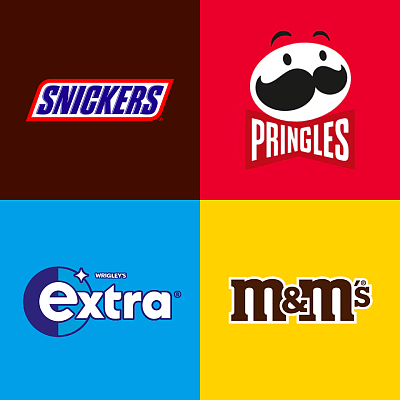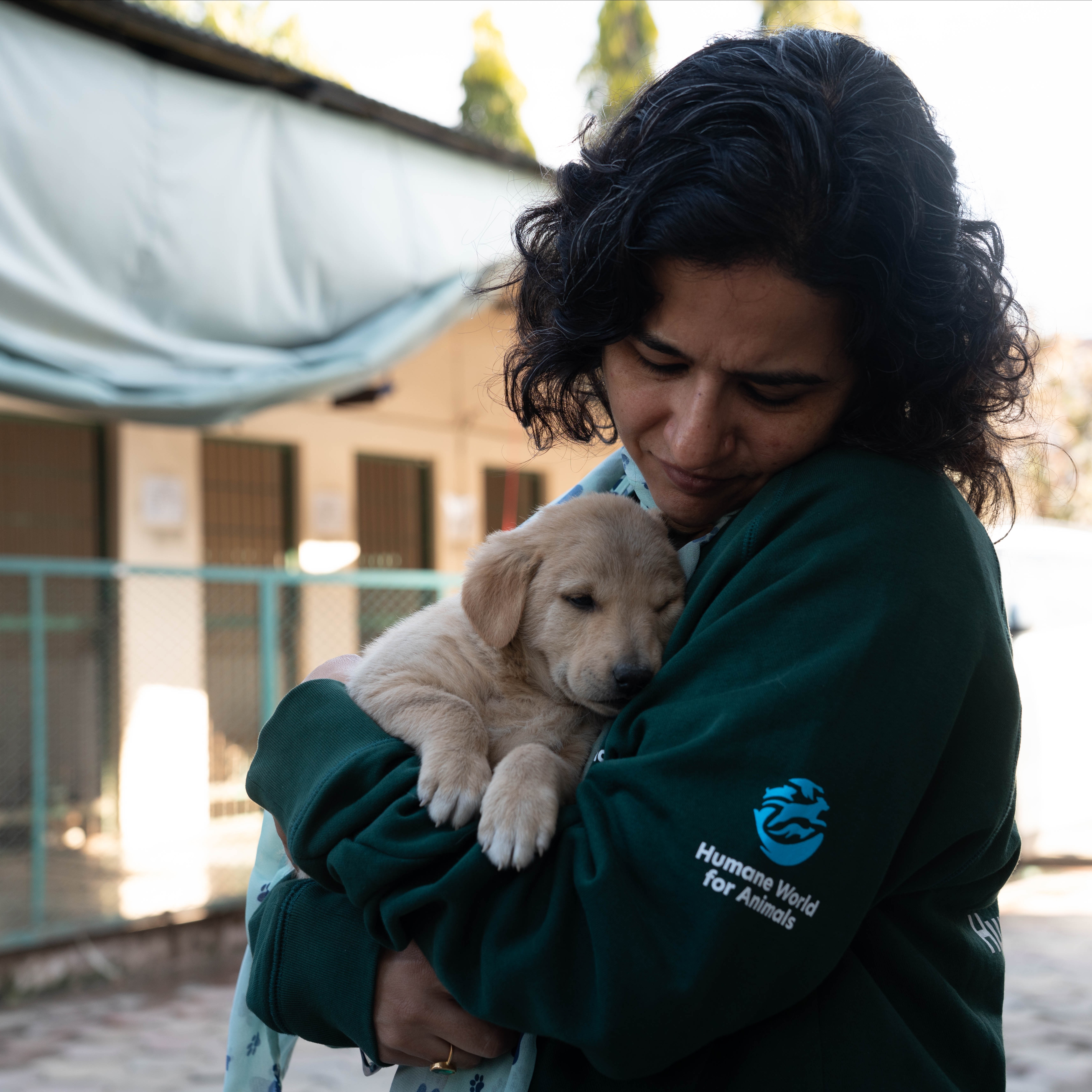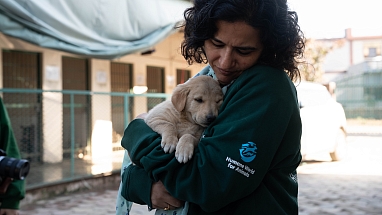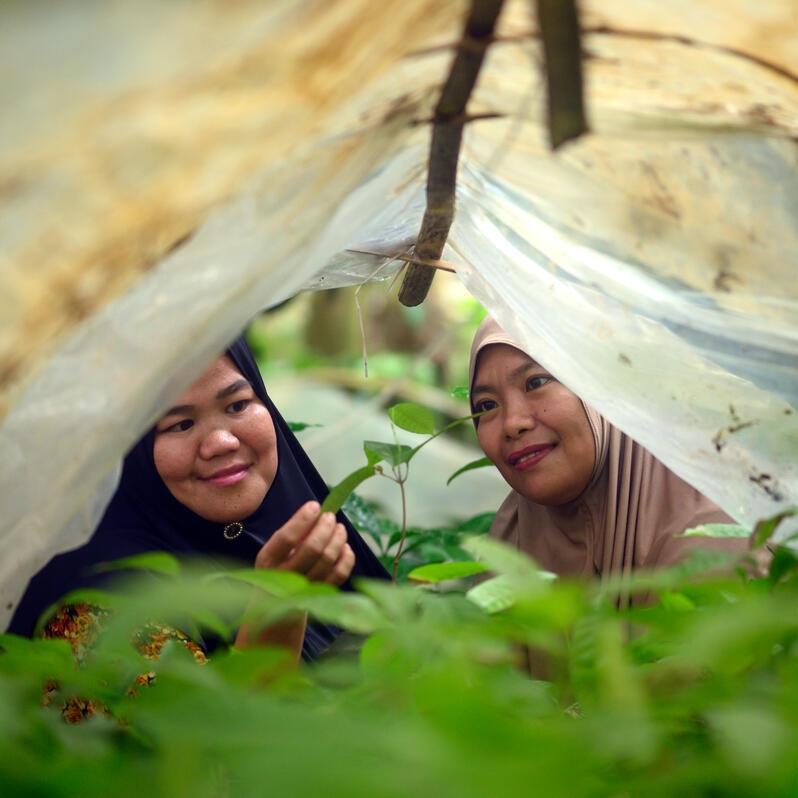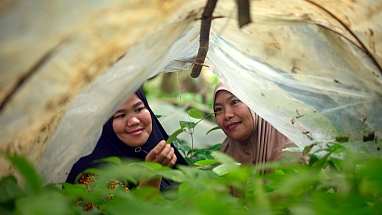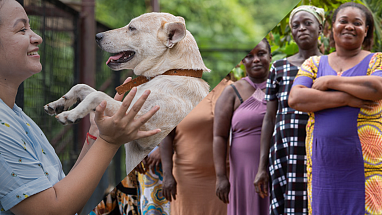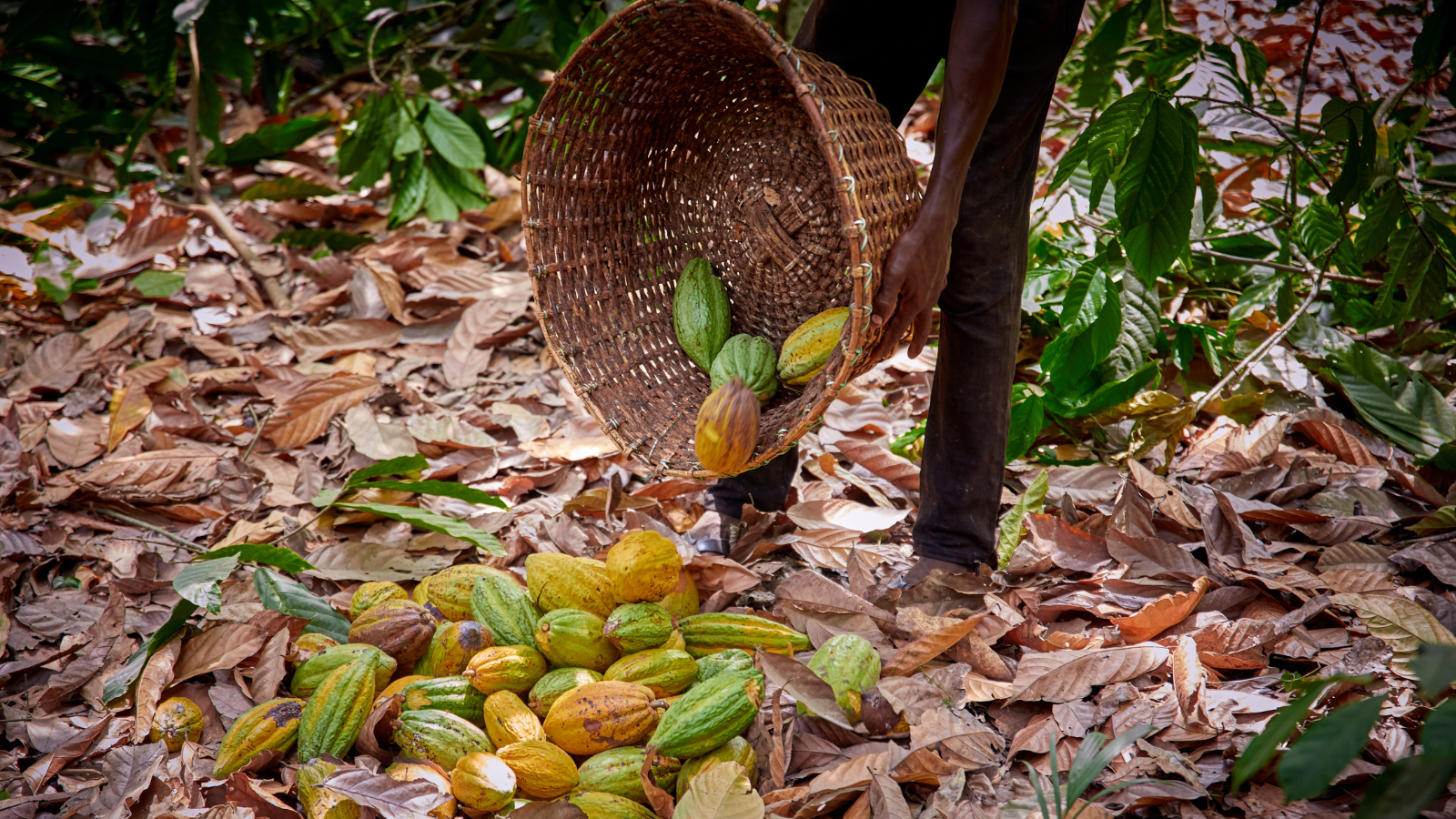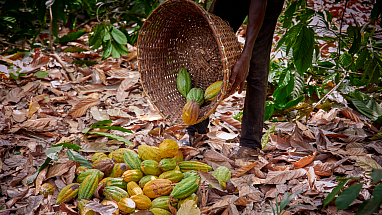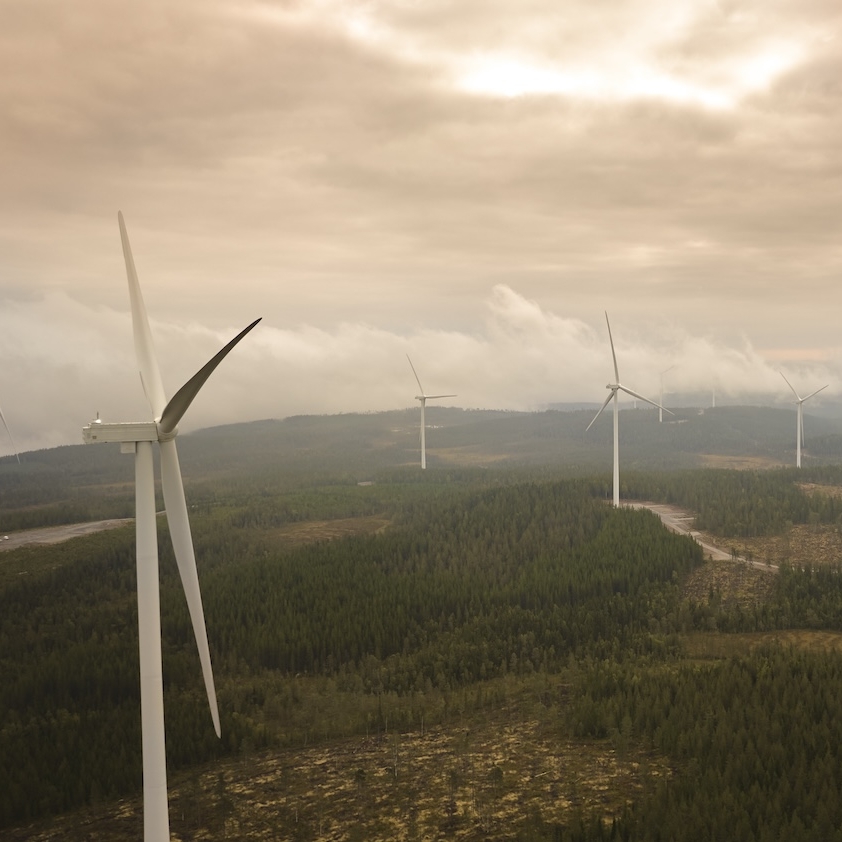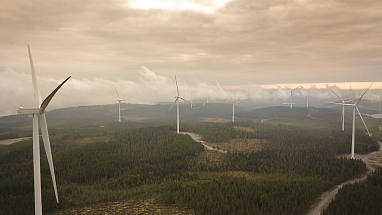The Mars Advanced Research Institute (MARI) connects Mars with emerging science and technology to spark discoveries with the potential to re-invent the future of our business.
One of its key focus areas is packaging, where innovation will be crucial to establishing a circular economy, where materials are recycled, or reused (for example, through composting) to maximize their use and minimize waste.
Exactly what we do with different materials often depends on their physical properties. Material scientists are vital in this decision-making process, as they study the relationships between the structure and properties of materials and whether they perform as intended.
It’s an area of science that is driving how we reimagine and redesign our packaging to ensure it properly protects the quality and safety of our food products and can be recycled.
To learn more about some of the exciting developments that Mars is pursuing in packaging, we spoke to Eric Klingenberg, Materials Science Lead at the Mars Advanced Research Institute (MARI), who also shared with us his career story and his views on the exciting future of packaging.
Tell us more about your role at MARI.
While MARI’s work spans a broad spectrum, my work as MARI’s Materials Science Lead is largely focused on research and development in compostable materials. I am particularly focused on bio-based materials, meaning materials made from renewable raw materials.
We’re looking at opportunities for Mars, and the wider industry, around new packaging materials that decompose naturally in composting systems — where soil microbes break down carbon in the waste to produce a nutrient rich soil which can be used for gardening, horticulture and agriculture.
While that is my current focus, I’ve also worked on everything from sucrose crystallization, where MARI modeled the M&M’S® coating process to make it more energy efficient, to the properties of flexible films that could make recycling easier for consumers, and more.
How did your early career develop?
I’ve always had a love for the sciences, particularly chemistry and mathematics. I really wasn’t sure what I wanted to pursue as a career when I was at school, but I made sure to take a lot of science courses. I was particularly good at chemistry and biology, and two of my professors in those areas encouraged me to consider pursuing an advanced degree. While it was daunting to consider being the first from my family to go to college, it is one of the best things I’ve ever done.
In graduate school, my focus was on polymeric materials like nylon and polyester, and after completing my graduate degree I got a job in the chemical industry working on the development of new polymers for a variety of applications.
While working in the chemical industry, I worked across several different areas of materials science and had the opportunity to work across a very diverse set of businesses. This work opened my eyes to a whole spectrum of different materials and their potential applications, from those used in the integrated circuits that are crucial components in many microelectronics, to the polymers used for gas separation membranes, and organic electronics.
I was then approached by Mars with an offer to lead a group focused on applying materials science to food production, and the rest is history!
What sparked your interest in compostable packaging?
A few years into my role at MARI, I was tasked with scoping areas for development in the packaging sector, with a focus on sustainability.
Mars has long been committed to a more sustainable future for our planet — just look at our Sustainable in a Generation Plan(Opens a new window) — but we knew there was a wealth of start-ups and disruptors in this space, as well as larger players and some of our industry partners, that we could be connecting with to catalyze changes in the long-term approach of Mars to sustainable packaging.
Not only are these future-focused opportunities exciting, but they’re also central to our work at MARI. They help us connect Mars with emerging science and technology to spark discoveries that can re-invent the future of our businesses, in areas spanning computer science, health and wellness, and sustainability.
What opportunities does MARI see in the packaging space?
Some of the most exciting packaging opportunities for Mars are those that are bio-based and compostable, but at the moment current material technologies within this space don’t meet all of the performance needs for packaging that would guarantee food stays fresh and safe to eat.
MARI is focused on research into how we use materials that are produced by nature to help develop recyclable materials, and it is surprisingly fun!
A lot of this work takes inspiration from nature. We’re exploring the fundamentals of how biology works to help us mimic natural processes while using human technologies. For example, we’re exploring how natural materials like chitin, produced by certain varieties of crustacean, can form barriers and films that block oxygen and moisture. This ability to block oxygen and moisture is crucial for our portfolio of food products.
We’re also working with our partners to develop new plastics from microbes that are suitable for food packaging and break down easily within natural composting systems. The hope is that some of this research will help reduce the persistence of plastics and help shift society towards a bio-based economy.
How is MARI collaborating with others to advance compostable packaging, materials and infrastructure?
At MARI, our partner network is a critical enabler of the work we do. We are connected to hundreds of external academic, research and scientific partners who help provide Mars with new ideas and opportunities.
In packaging, we’re working with industry partners and experts across the full compostable value chain — ranging from material origination, to packaging design, to waste processors and recyclers.
For example, MARI is partnering with the US Composting Council(Opens a new window) to fund a survey of the state of the U.S. composting industry, revealing some of the challenges and opportunities for composting infrastructure expansion and packaging innovation. I also sit on the Sustainable Packaging Coalition’s composting workstream as a board advisor and support the Mars membership of the Closed Loop Partners Composting Consortium.
Crucial to the success of some of these initiatives will be government policy that stimulates a bio-based economy. More funding and regulation to help waste materials reach the correct end destination will go a long way toward encouraging better industry practices and accelerating progress toward a more sustainable future.


